Wizkid vs. Davido: Social Media Showdown Escalates into Fiery Music Feud
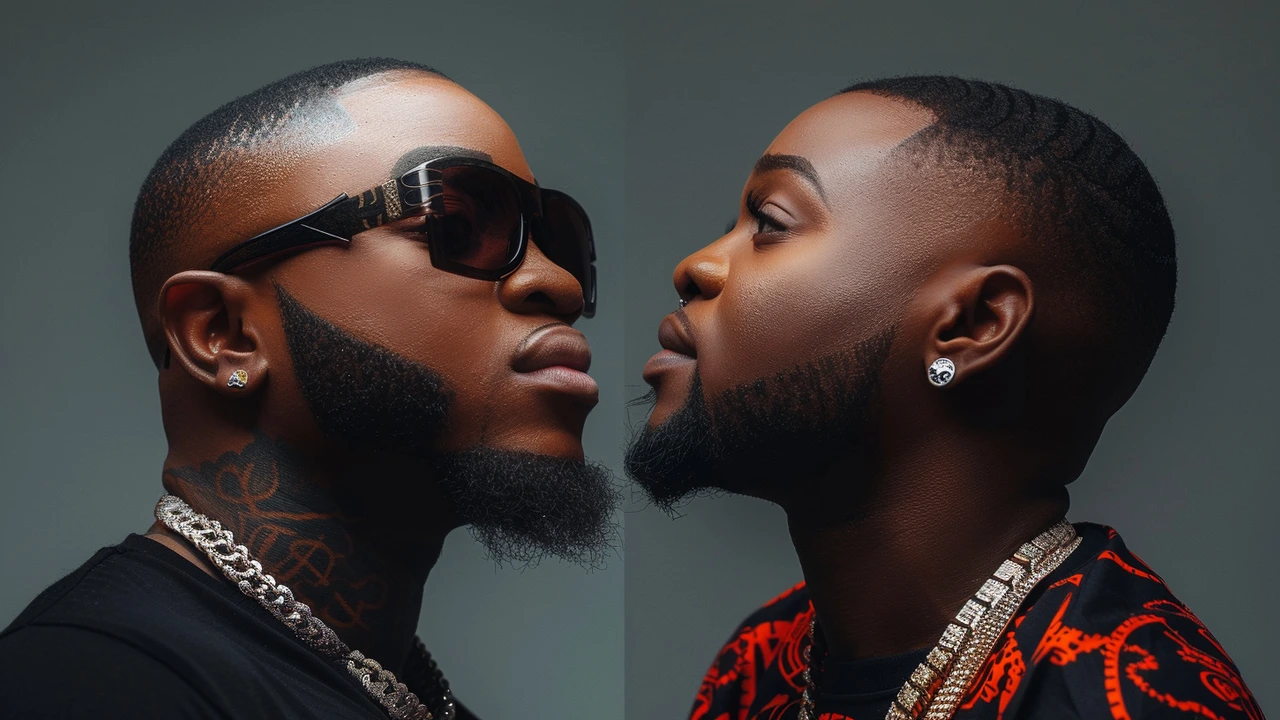
The Resurgence of a Rivalry: Wizkid and Davido's Social Media War
Once again, the Nigerian music scene is witnessing the reignition of one of its most talked-about feuds between two of its biggest stars, Wizkid and Davido. This latest episode was spurred by a leaked video involving Davido, which resurfaced online last April. In the now viral clip, Davido is seen apparently pleading on his knees before an unidentified woman. The scene has provided ample ammunition for Wizkid to stoke the flames of rivalry by mocking Davido's apparent desperation in the clip.
Using this video, Wizkid ignited the online battleground by comparing Davido's pleading in the video to how fervently his (Wizkid's) fans should be pleading for new music. The analogy hit a nerve, prompting Davido to hit back with a series of personal and professional jabs. He claimed that Wizkid, whose career had seen a renaissance a few years back, was no longer relevant in the industry. Furthermore, Davido emphasized that he wouldn't compromise his lucrative endorsement deals by engaging in a trivial spat with someone he deemed beneath his professional standing.
The exchange quickly escalated, with Wizkid retorting that Davido was delusional and in no way superior in the music industry. The sharp exchange has not only drawn in the two artists but also their vast and vocal fan bases, the '30 Billion gang' representing Davido and 'Wizkid FC' for Wizkid. As the artists exchanged verbal blows, fans lined up behind their respective idols, turning social media into a frenzied arena of loyalty tests and meme wars.
Broader Implications Within the Music Industry
The feud has also inadvertently pulled in other notable figures from the Nigerian music industry. Figures such as Kizz Daniel, Tekno, and particularly Don Jazzy, the Mavin Records boss, have found themselves mentioned in the crossfire. Notably, Wizkid's jab at Don Jazzy involved a snide remark where he labeled the respected industry leader merely an 'influencer', while critiquing Ladipoe, one of Jazzy's signees. This has sparked further discussions and criticisms about the nature of relationships and hierarchies within the music sector.
Industry experts and fans alike are now debating not just the personal dimensions of this feud but also its implications for the Nigerian music industry. Some argue that these public spats, while drawing massive attention, might distract from the music itself and could portray the industry in a less favorable light internationally. Others see it as a mere reflection of the competitive spirit that perhaps drives the industry forward.
Public Reaction and Media Coverage
The spectacle has caught the attention of both national and international media, generating a flurry of articles, blog posts, and discussions. The public's reaction has been mixed, with some condemning the pettiness of the feud while others revel in the drama. Social media platforms have seen a significant uptick in traffic as memes, hashtags, and fan videos proliferate, each trying to outdo the other in support of their musical hero.
Critics of Wizkid's approach to the incident have pointed out that such attacks might be unbecoming of artists of their stature, potentially setting a poor example for younger fans. On the other hand, entertainment analysts have highlighted how such feuds can cleverly be used to maintain public interest and media relevance, especially ahead of major music releases or concerts.
As the dust settles on this latest chapter of the Wizkid-Davido saga, the long-term effects of such public disputes are yet to be fully understood. However, one thing remains clear: as long as these two stars continue to dominate the charts, their rivalry will likely persist, occasionally erupting into the public eye and capturing the imagination of their fans worldwide.

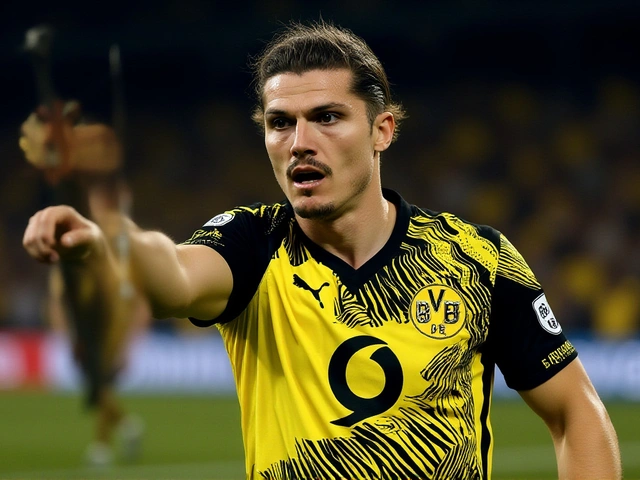
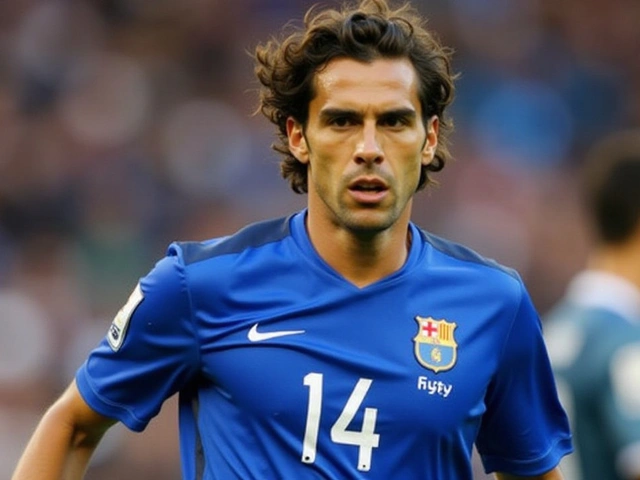
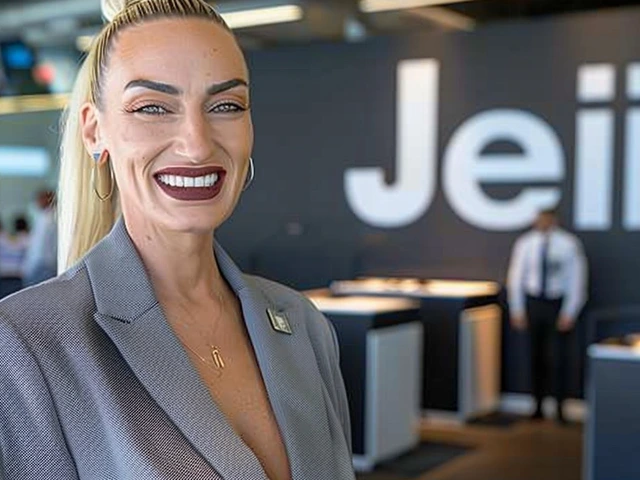

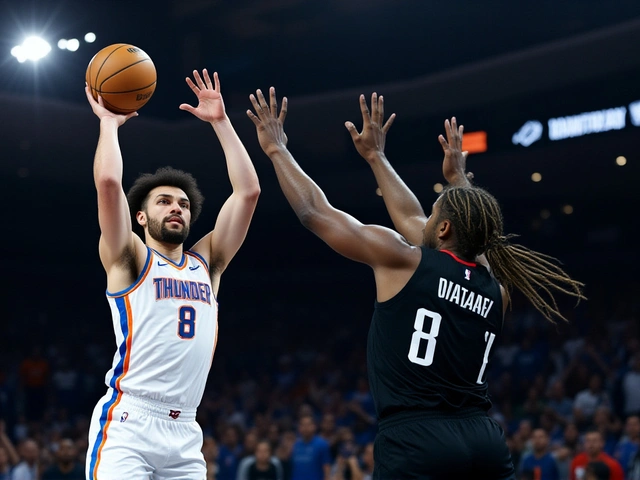
Lauren Markovic
May 5, 2024 AT 11:06Yo fam this saga is pure entertainment gold 🤑 the back‑and‑forth between Wizkid and Davido keeps the timeline buzzing and gives us memes for days 😆 while the drama ramps up the hype for any upcoming drops it also reminds us how fanbases can turn a simple slip into a full‑blown warzone keep your playlists ready and enjoy the show
Kathryn Susan Jenifer
May 6, 2024 AT 01:00Oh great because we totally needed another drama‑filled mixtape of gossip.
Holly B.
May 6, 2024 AT 14:53While the exchange heats up it also offers a teachable moment for younger artists focus on craft not conflict let’s channel that energy into better productions and remember respect builds legacies
Jordan Bowens
May 7, 2024 AT 04:46Meh same old beef nothing fresh just recycled drama and cheap jokes.
Kimberly Hickam
May 7, 2024 AT 18:40The phenomenon we witness here is not merely a clash of egos but a microcosm of the larger sociocultural mechanisms that govern fame and influence in contemporary Afrobeats - a genre that thrives on both communal storytelling and individual bravado.
When Davido is seen pleading on his knees, the visual becomes a canvas upon which fans project narratives of vulnerability and power dynamics.
Wizkid’s retort, in turn, functions as a strategic inversion, turning that vulnerability into a rallying cry for his own audience, thereby reasserting dominance through sarcasm.
This dialectic showcases how modern musicians leverage personal moments as brand extensions, turning private incidents into public spectacles.
Moreover, the involvement of peripheral figures such as Don Jazzy illustrates the interconnectedness of hierarchical relationships within the industry, where every jab reverberates through a network of alliances.
From a philosophical standpoint, the feud underscores the Hegelian dialectic of thesis, antithesis, and synthesis-though in this context the synthesis remains elusive, perpetuating a loop of rivalry that fuels marketability.
Critics argue that such public sparring distracts from artistic output, yet the counterpoint posits that it sustains audience engagement, a vital component in an era dominated by fleeting attention spans.
Furthermore, the meme culture that erupts around these exchanges serves as a modern form of folklore, encoding collective sentiment into shareable artifacts.
In essence, the drama operates as a feedback loop: the more the artists engage, the more the fans amplify, which in turn fuels more content creation and media coverage.
This recursive cycle not only benefits the individuals involved but also propels the genre’s global visibility, converting controversy into cultural capital.
Thus, whilst on the surface the feud appears petty, its underlying mechanisms reveal a sophisticated orchestration of brand positioning, audience psychology, and transnational cultural exchange.
Understanding this allows us to appreciate the layers of meaning embedded in what might otherwise be dismissed as mere celebrity squabbling.